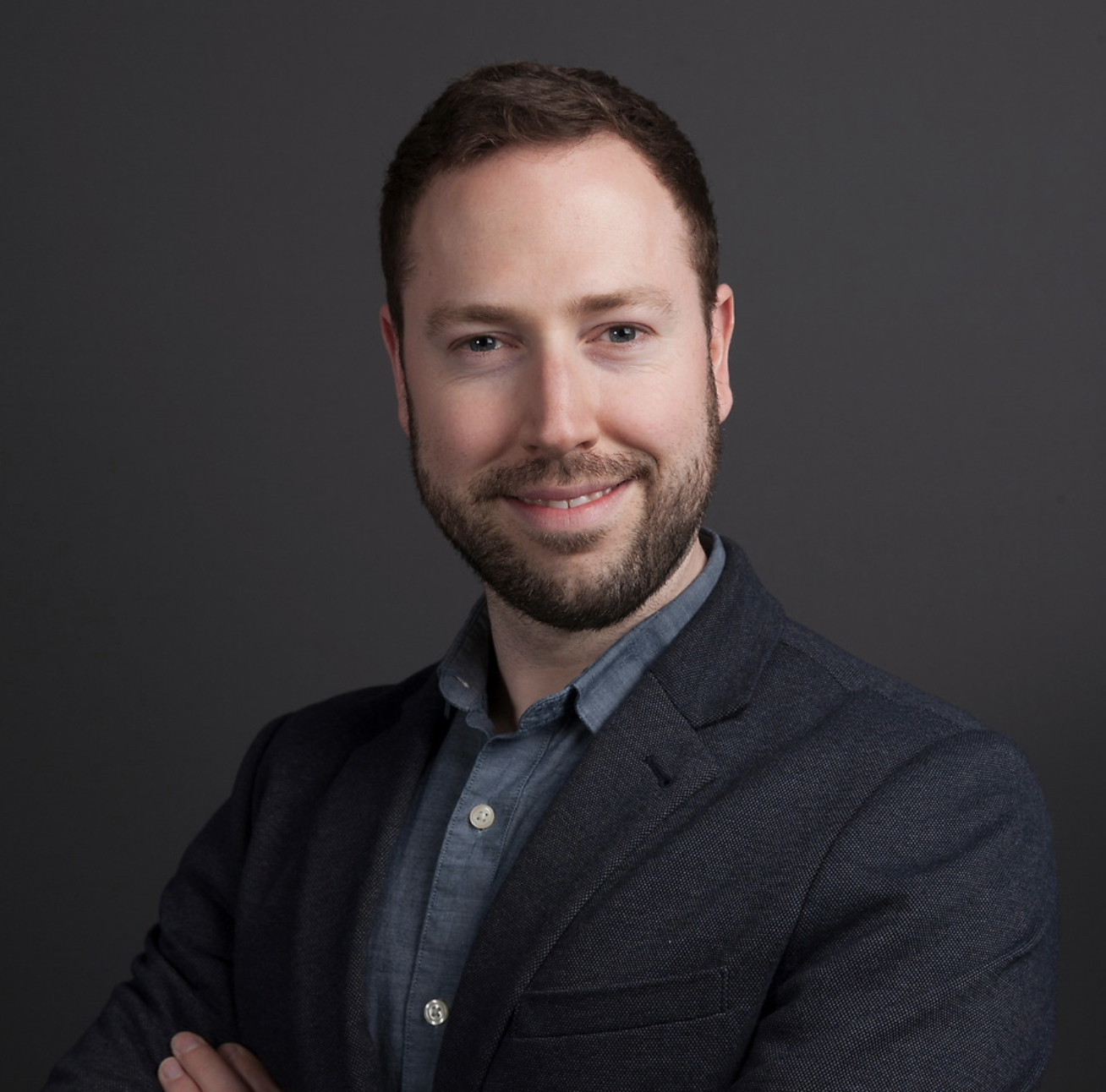Mark Richardson is a part-time Master of Education student at Queen's Faculty of Education. Mark works as the Manager for Education and Public Outreach at the Arthur B. McDonald Canadian Astroparticle Physics Research Institute. Mark's supervisor is Heather McGregor.
 Can you talk about your position at the McDonald Institute? What are you enjoying the most as the Education & Outreach Manager?
Can you talk about your position at the McDonald Institute? What are you enjoying the most as the Education & Outreach Manager?
I am the Manager for Education and Public Outreach at the Institute. In this role, I develop programming and opportunities to bring the scientific community at the Institute and the public together, to get the public to learn about - and care about - the major achievements happening in astroparticle physics.
I also develop training opportunities for prospective scientists of all ages, from getting kids excited about science, getting undergrads building astroparticle physics experiments, and getting graduate students training in astroparticle physics methodologies.
I enjoy working with young kids and seeing them getting very excited about a new science phenomenon. I also enjoy the training program I run where I take undergrads to the SNOLAB research facility 2km underground in Sudbury and show them the particle detectors doing ground-breaking science.
You’ve also worked in a research and education role at the American Museum of Natural History – what draws you to this area?
I've been engaged with doing science outreach since the 2009 International Year of Astronomy. I love to talking about science and astronomy with the public - getting them excited about the Universe around us. During my PhD in Astrophysics at Arizona State University, I had opportunities to do science outreach at the local community science centre, and I have always appreciated museums as informal learning environments.
The position at AMNH was fantastic, because I got to continue doing astrophysics research, while being in an amazing learning environment, passing so many kids excited by science. The role allowed me to train future science teachers. It was very inspiring to see the extended impact you can have through training teachers - and those teachers will pass the impact on to their students.
You have a PhD in Astrophysics, what made you decide to complete a Master of Education?
The traditional career path for someone pursuing a PhD in astrophysics is to have multiple research positions before hopefully getting a faculty position. But nowhere along that path do you get formal training in pedagogy and teaching, and so I felt a lack of real understanding in effective methods for being an educator. All we can do is model the educators we thought were effective in our own learning, without necessarily understanding why their methods were effective.
Also, given my interest in public outreach and science communication, I find these same skills extend beyond the classroom. I have learned about the important impact education can have in either welcoming or pushing away individuals, particularly those from underrepresented groups. With this in mind, and with me in the new role as Education and Outreach Officer, I saw an opportunity to get that formal training through the Master of Education.
I hear you are working with Heather MacGregor on a research project – can you talk a little bit about what that entails?
My research project is "How Museums Engage Visitors' Self-Efficacy," where I am applying a lens of hospitality and self-efficacy to learn how informal learning spaces, such as science centres, encourage visitors to interact with the exhibits in the space.
In the literature, there is a lot of research on the impact of museums on self-efficacy, and research on exhibit engagement. But there was a real lack of research on how that engagement may depend on the existing self-efficacy of those visitors. Perhaps only certain visitors are benefitting from some museums? To do my research, I spent a week in the Ontario Science Centre doing surveys and interviews with visitors. Now I'm in the process of analyzing the data. It's been exciting!
What has been your favourite moment so far in your MEd journey?
While collecting my data was a lot of fun (as well as nerve-racking!), I think my favourite moment ... well moments of discovery ... comes from courses I've taken. One was actually at the start of the pandemic in 803 (Contemporary Curriculum Theory) over the summer of 2020. The students really leaned into the new virtual space and the activities facilitated by Heather McGregor which meant I learned so much. In particular, it was where I first was introduced to the ideas of hospitality and curriculum through Claudia Ruitenberg's work "Unlocking the World". My second favourite moment was in 852 (Psychological Foundations of Learning) where I learned about Bandura's work on self-efficacy. I have personally dealt with imposter syndrome and episodes of significantly low self-efficacy, and so it was fascinating to read about what is understood about the role of self-efficacy in learning. Clearly, these two topics have had an impact on me, as they form the framework for my master's research.